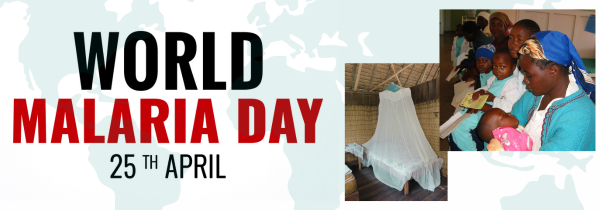
Malaria is a disease not often considered by most Americans. However, much of the world remains at high risk for contracting malaria throughout the year. We cannot deny that this disease is inequitable: with 247 million new cases of malaria in 2021, according to data from the World Health Organization, 95% of all malaria cases are found on the continent of Africa. Unfortunately, the impact of this disease is also skewed, with nearly 80% of all malaria deaths in the African Region amongst children under the age of 5, according to more WHO data.
It has been a blessing to see the strides that global health organizations have taken to treat and prevent malaria. In recent years, we have seen the rollout of programs distributing insecticide-treated nets, rapid diagnostic tests, and artemisinin-based combination therapies, all of which have contributed to the falling number of malaria cases seen per year. We are now seeing even more research and development into new insecticide-treated nets, targeted baits that attract mosquitoes, spatial repellents, lethal house lures, and genetic engineering of mosquitoes (WHO).
In October 2021, WHO approved the most exciting of these developments: the first vaccine against malaria, the RTS,S, which targets the malaria parasite before it can enter the liver to multiply (WHO). Since this breakthrough, there are other vaccines in clinical trials. Some of these vaccines, like the RTS,S, attack the parasite before entering the liver, some stop transmission of the malaria parasite, and some function to protect women during pregnancy.
However, the rollout of any new medical achievement is slow, costly, and imperfect, so we cannot forget the many doctors around the world using the limited tools they have to diagnose, treat, and educate on the prevention of malaria daily. Even after these new forms of treatment and prevention are widely accessible, at the core of eliminating this disease will be the many doctors on the ground working for the communities at greatest risk of contracting malaria.
Mission Doctors Association will continue to keep in our daily prayers the local and mission doctors fighting against malaria throughout the world.
Amie Garcia
